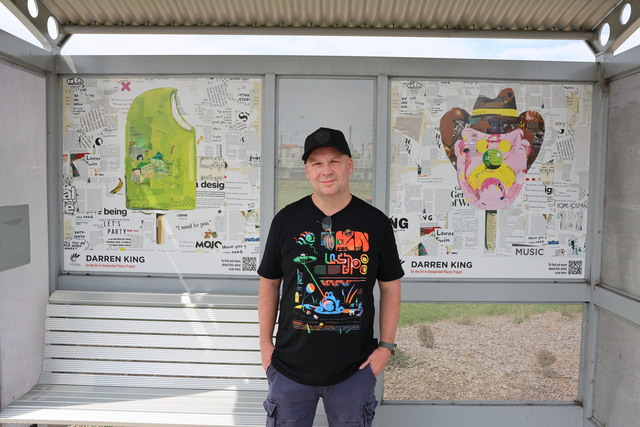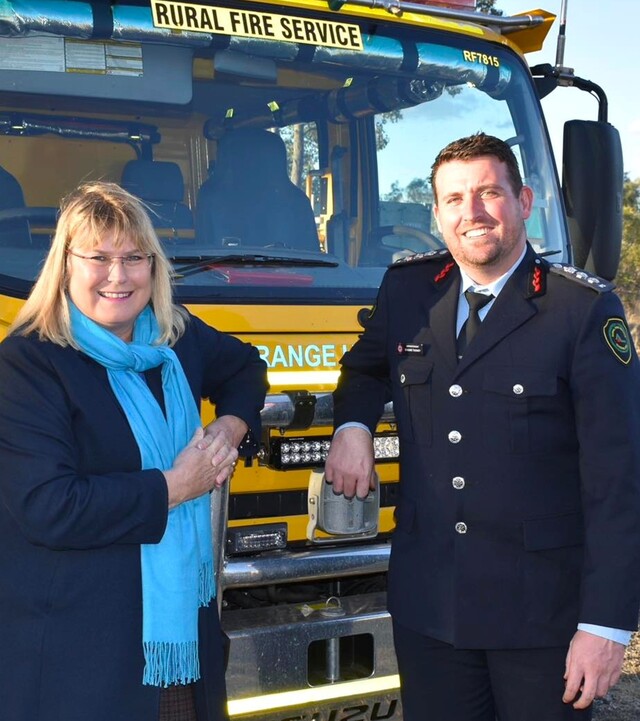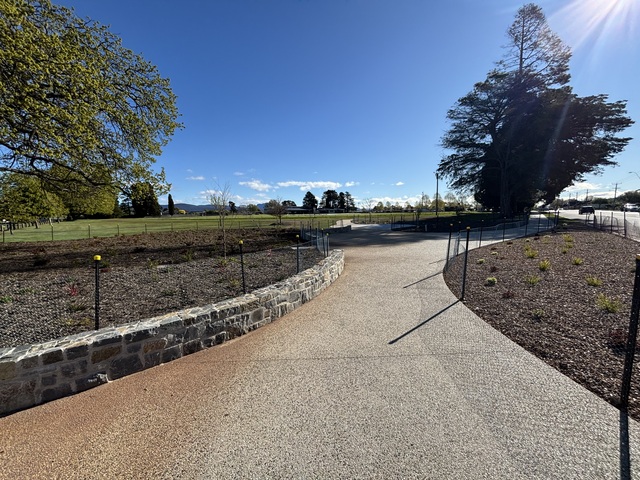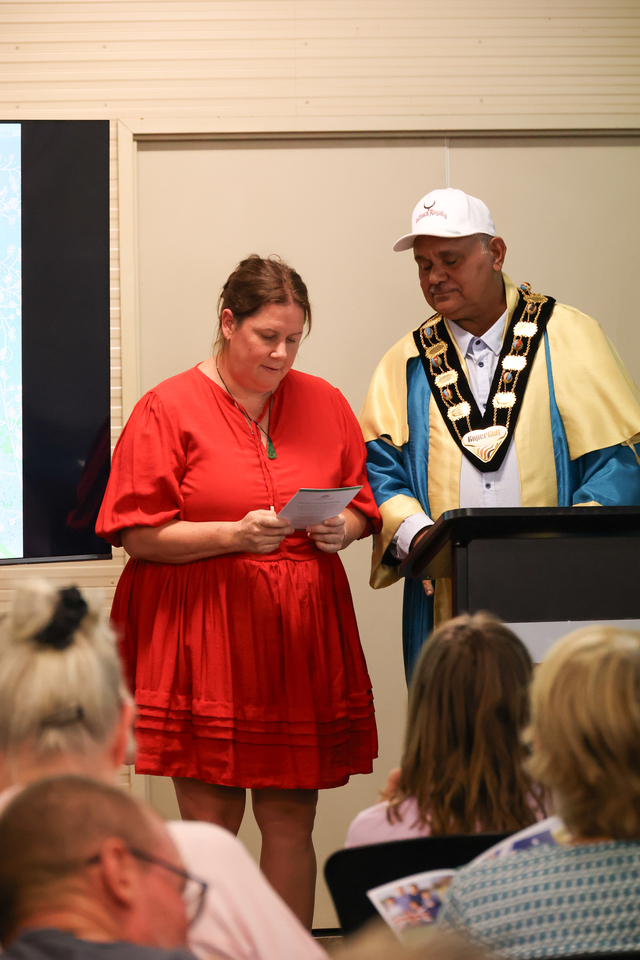The heat is on for cash-strapped shires in the Northern Territory, with the cost of funding much-needed swimming pools becoming prohibitive for most local governments.
In Jabiru in West Arnhem Shire, for example, the local pool is the only place guaranteed to be crocodile-free, as the tourist brochures are keen to point out. And, not only is the pool croc-free but it is Olympic-sized with eight lanes — something almost as rare as the former in the Northern Territory.
The precinct is child-friendly and the pool’s lush, tropical surroundings provide a cool oasis for residents and tourists alike. However, the Jabiru pool and the West Arnhem Shire Council’s other pool in Maningrida have accrued an operational loss of more than $1 million since the Shire formed in 2008. The actual cost of operating the two pools is much higher than this, as the Shire receives a limited income through user fees and charges or from food and drink sales.
As most local governments know, pools are expensive facilities to open and run at the best of times, and particularly so for large shires with few rateable properties and limited capacity for raising revenue, as is the case in the Northern Territory.
For many shires, such as West Arnhem Shire, maintaining the local pool is a million dollar issue, weighing up the operational costs against the many health and recreational benefits to the community.
Rod Woolf, Senior Pool Officer at Jabiru Swimming Pool, who has more than 20 years experience working in and managing swimming pools around Australia, believes that, for a town of its size Jabiru has quite an active swimming population.
“If two to three percent of your town or city’s population are regularly using the pool, then you’re doing pretty well,” said Mr Woolf.
“When I say regularly, I mean a couple of times per week. And I reckon our percentage would be higher than that.”
In 2011-12, the total income from entry fees at the Jabiru pool was just over $32,000, which amounts to about one-eighth of the pool’s annual operating costs. On a user-pays system, five percent of Jabiru’s population (60 of the 1200 residents, according to the 2011 Census) would have to visit the pool three times per day (at the current full adult rate of $4 per entry) just to recover operational costs.
As Mr Woolf said, “Providing a pool is a service, and people need to be appreciative of that.”
Similar debates are being held in other shires throughout the Northern Territory, highlighting the fact that large remote shires with small populations cannot rely on rates, entrance fees or ad hoc government grants to run swimming pools and related facilities in a financially sustainable manner.
This situation flies in the face of the many evident benefits swimming pools provide to remote communities in terms of safety, health and disease prevention, not to mention the social benefits.
Coordinator of Royal Life Saving NT’s Indigenous Sport and Active Recreation Program, Stephen Gazzola, agreed that pools are extremely important for remote Aboriginal communities.
“Having a pool is a big asset for a community,” said Mr Gazzola. “The kids can learn to swim in a safe environment, instead of swimming in creeks or rivers where there are crocodiles or jellyfish, or dams, creeks and swollen rivers where there may be underwater obstacles.
“We also find pools help a lot socially, where you’ve got problems with break-ins, keeping children interested, involved and engaged at pools helps communities,” concluded Mr Gazzola.
While West Arnhem Shire has no intention of closing its pools at Jabiru and Maningrida, the operational shortfall in maintaining these vital facilities for remote communities is stark. Both pools were established with the assistance of Northern Territory and Federal government grants, and yet this initial funding can never account for the ongoing cost to shires of operation and maintenance.
Arguably, if state and federal governments are serious about tackling Aboriginal health, then establishing a way of providing ongoing funding for both building and operating swimming pools in remote Aboriginal communities needs to be addressed.








